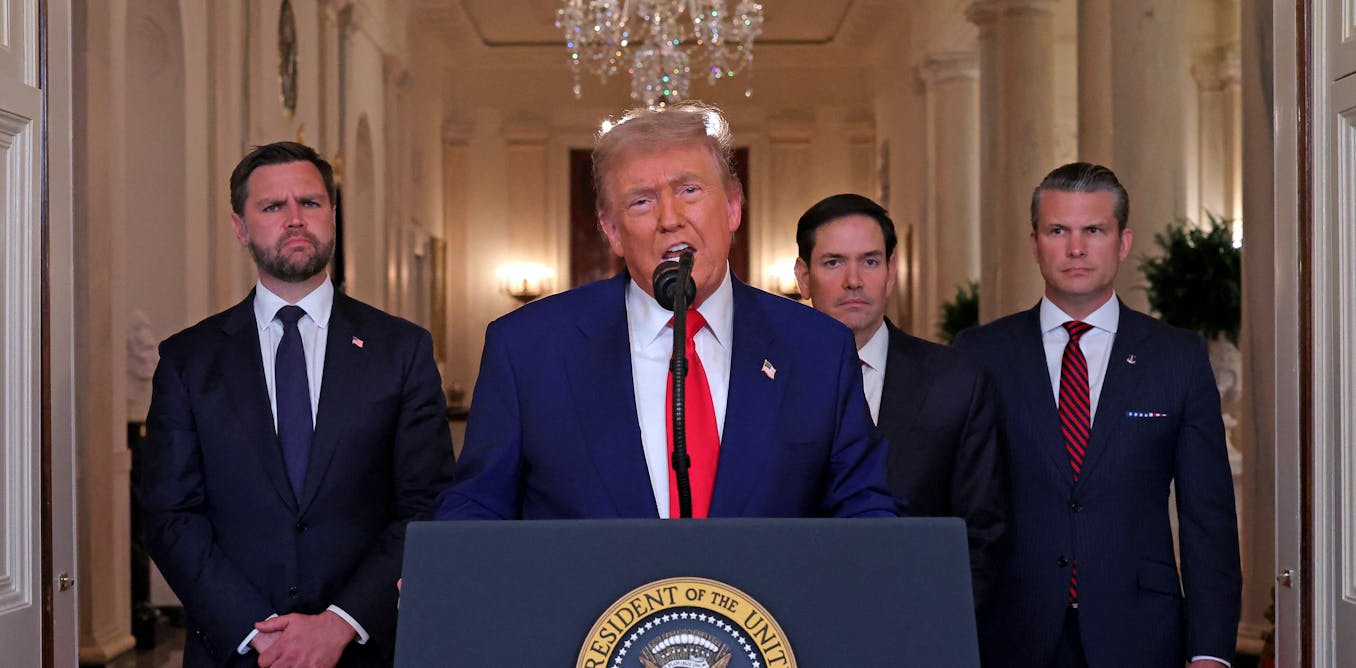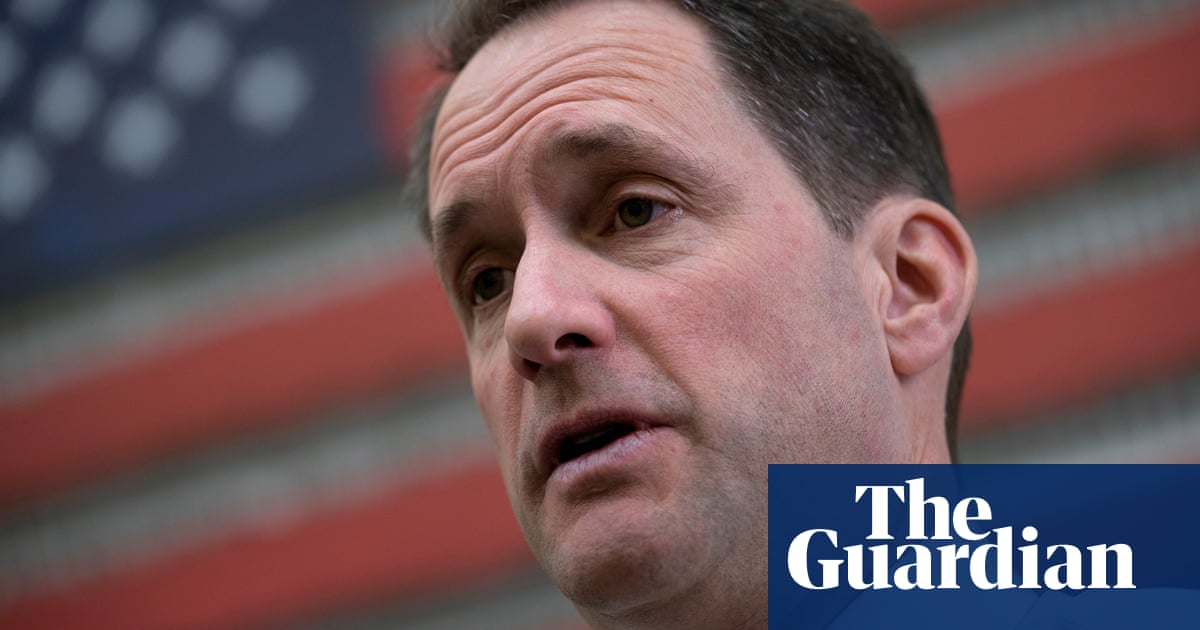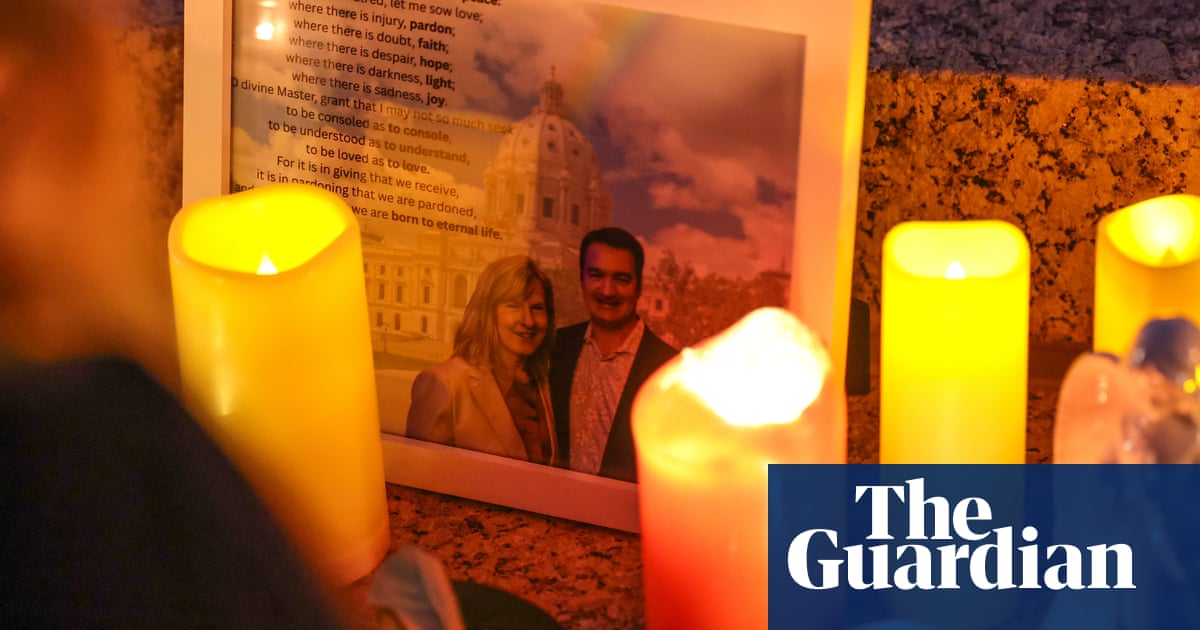The UK foreign secretary has repeatedly refused to say if the UK supported the US military strikes on Iran’s nuclear facilities on Saturday or whether they were legal.
Interviewed on BBC Radio 4’s Today programme on Monday for the first time since the US launched airstrikes on three Iranian nuclear facilities, David Lammy also sidestepped the question of whether he supported recent social media posts by Donald Trump that seemed to favour regime change in Tehran, saying that in all his discussions in the White House the sole focus had been on military targets.
Lammy said western allies were waiting for battlefield assessments of the impact of the strikes, but it was possible Iran still had a stockpile of highly enriched uranium, although the strikes “may also have set back Iran’s nuclear programme by several years”.
Ever since the US strikes, senior figures in the Labour government have tried to make their criticism of the action only implicit rather than explicit.
Lammy tried to focus on urging Iran to return to the negotiating table, insisting that Iran was in breach of its obligations by enriching uranium at levels of purity as high as 60%.
The UK Foreign Office has denied Iranian reports that in a phone call on Sunday with the Iranian foreign minister, Abbas Araghchi, Lammy had expressed regret about the US strikes.
Asked if the airstrikes were legal, Lammy said three times it was for Washington to answer such questions.
But in the course of a 15-minute interview on BBC Radio 4, he at no point backed the US airstrikes, saying he was not going to get into the issues of whether they conformed with either article 2 or article 51 of the UN charter, clauses that permit military action in self-defence.
Saying “there is still an off-ramp for the Iranians”, he admitted discussions with Iran involving France, Germany and the UK last Friday in Geneva had been “very tough”.
He said: “Everyone is urging the Iranians to get serious about the negotiations with the E3 and the US.” Iran is currently refusing to talk to the US or Israel while it is under military attack.
Lammy said he still believed Iran was engaging in “deception and obfuscation” about its nuclear programme, but added “yes, they [the Iranians] can have a civil nuclear capability that is properly monitored that involves outsiders but they cannot continue to enrich to 60 %”.
His remarks left open whether the UK supported the US negotiating position of insisting on zero uranium enrichment inside the country, or whether he was prepared to accept that Iran could enrich to 3.67% level of purity, the maximum allowed in the Iran nuclear deal signed in 2015 and from which the UK, unlike the US, has not withdrawn.
after newsletter promotion
He also refused to say if he agreed with the latest US intelligence assessment that Iran was close to securing a nuclear weapon, saying instead he relied on the report from the UN nuclear inspectorate, the International Atomic Energy Agency. In its latest reporting, the IAEA said it had no evidence that Iran was seeking a nuclear bomb.
He said: “You can only deal with the Iranian nuclear programme diplomatically. If Iran is able to enrich beyond 60%, is able to get a weapon, what we will see is nuclear proliferation across the Middle East.”
Asked about Trump’s references to regime change he said: “I recognise there is a discussion about regime change but that is not what is under consideration at this time. The rhetoric is strong but I can tell you, having spoken to the secretary of state, having sat in the White House, that this targeted action is to deal with Iran’s nuclear capability.”
When pressed to comment on a claim by Carl Bildt, the former Swedish prime minister, that by “being blind” on the issue of the legality of the US’s action, European leaders undermined their position on Vladimir Putin’s invasion of Russia, Lammy insisted there was no moral equivalence between the Russian invasion of a sovereign country and the actions the US had taken in Iran.

 German (DE)
German (DE)  English (US)
English (US)  Spanish (ES)
Spanish (ES)  French (FR)
French (FR)  Hindi (IN)
Hindi (IN)  Italian (IT)
Italian (IT)  Russian (RU)
Russian (RU)  4 hours ago
4 hours ago
























Comments